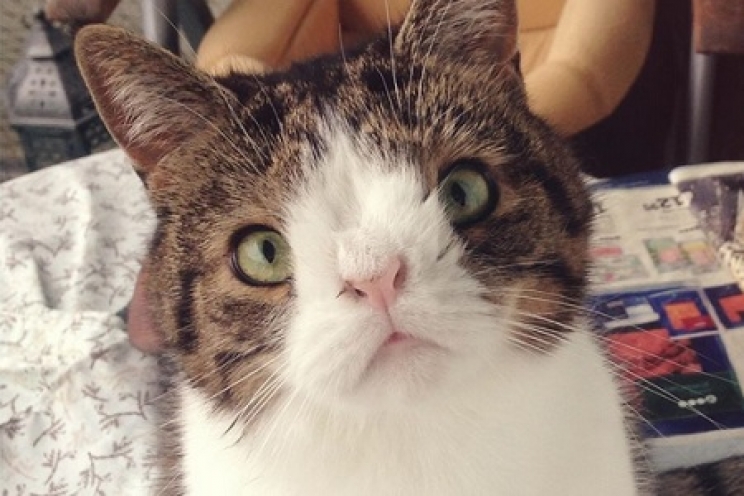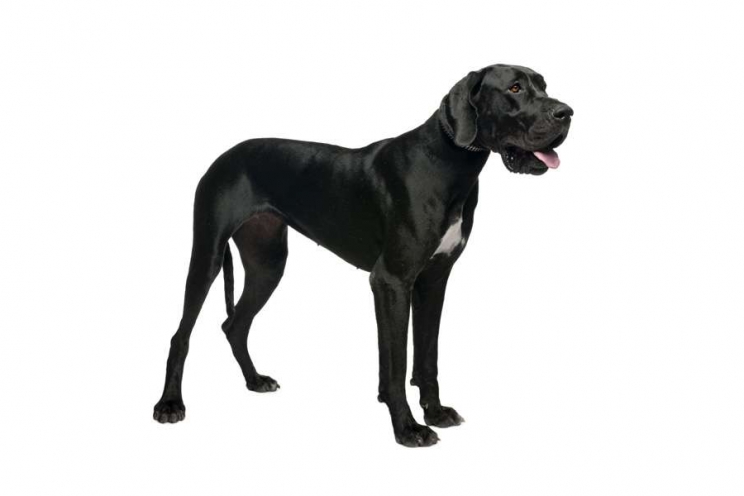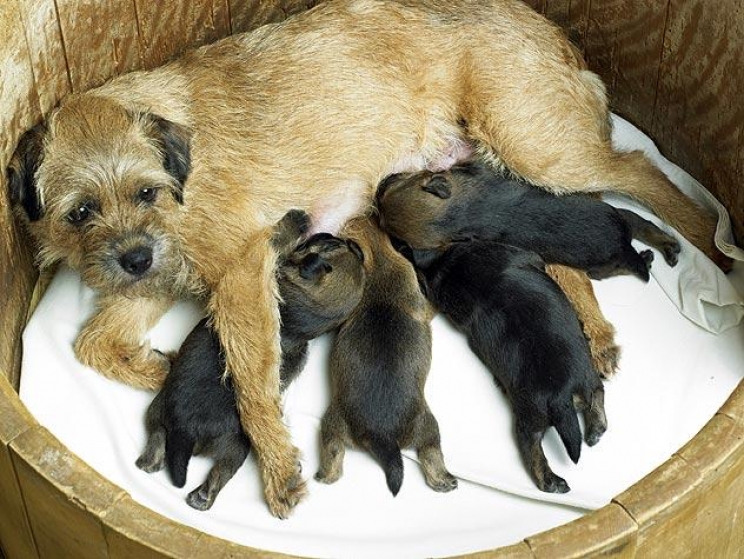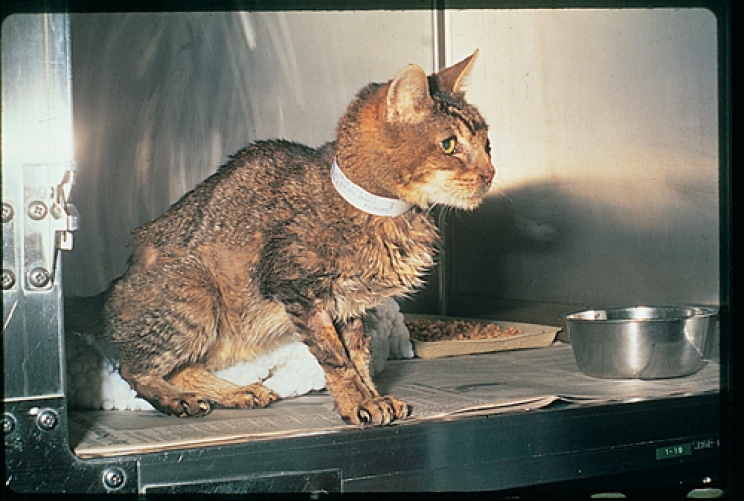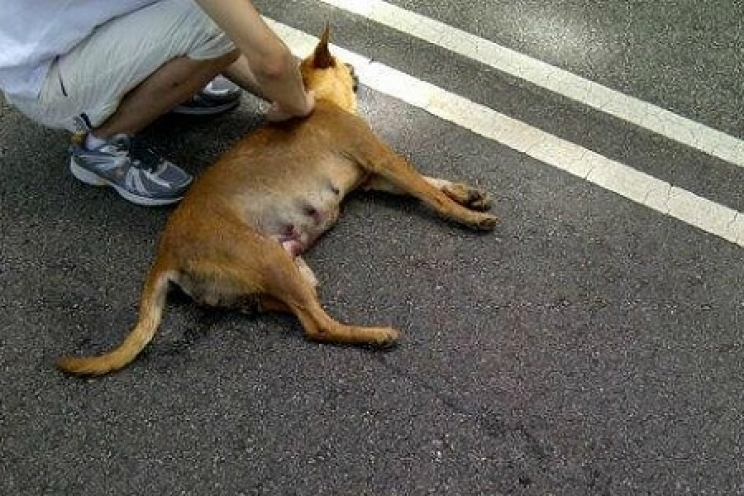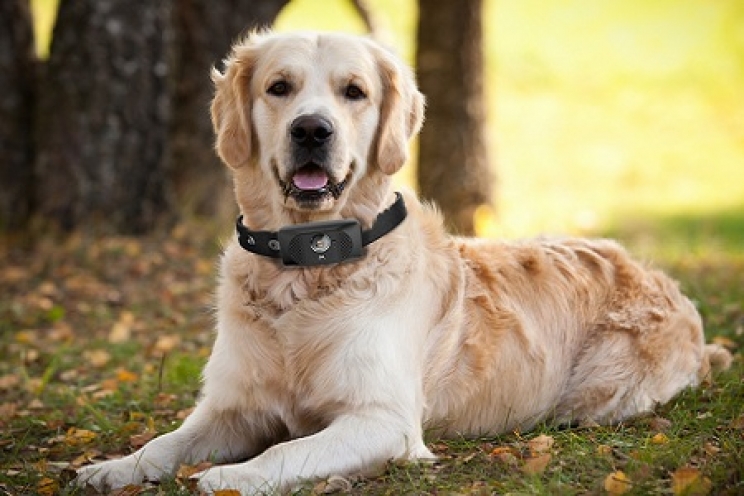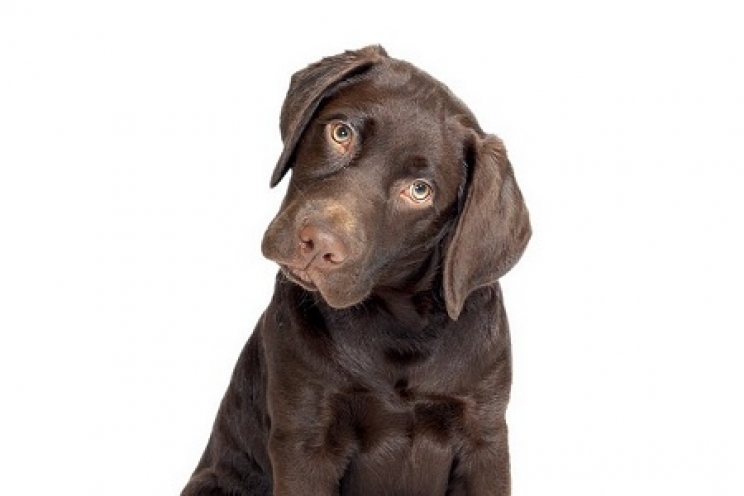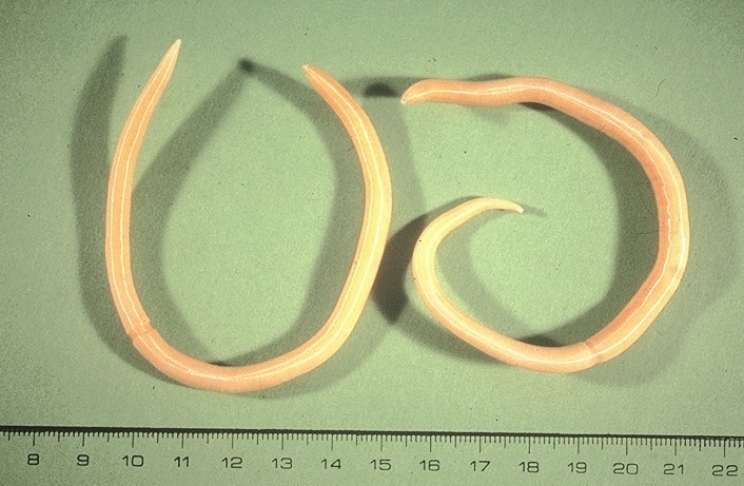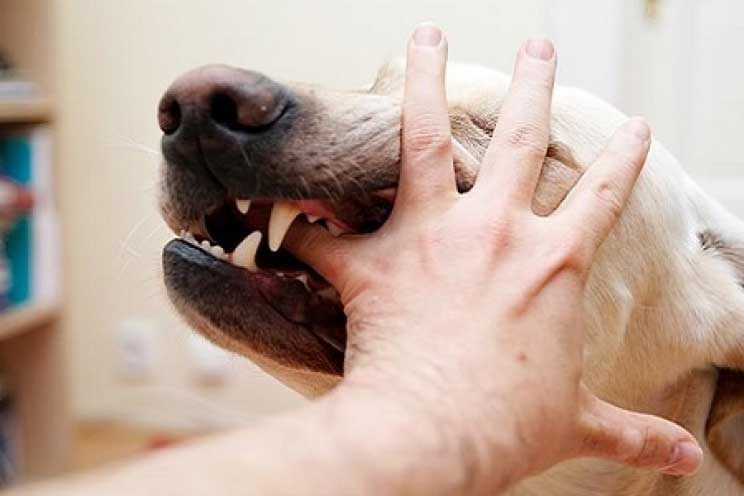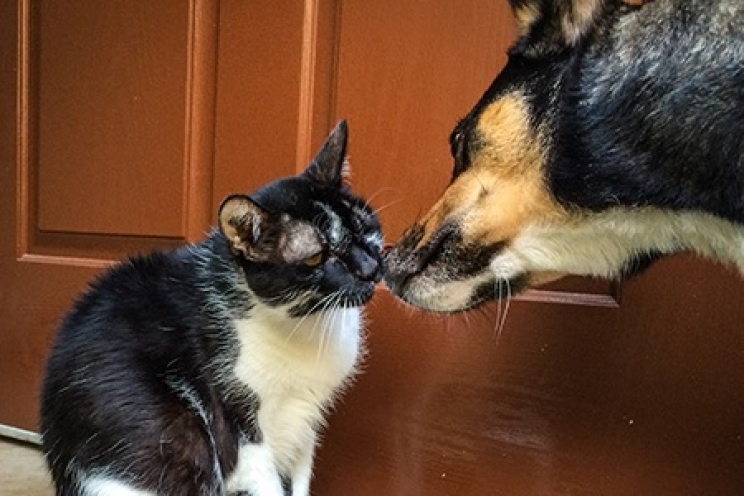As much as we would love to life with our pet forever, they inevitably get older. What we can do to guarantee a peaceful old age is to take care of their health, starting above all with specific nutrition for older animals.
On average, the period of senility begins from 12-13 years in the cat, and earlier in the dog, mainly based on the size. The large and giant dog is defined as elderly around 7-8 years, while small dogs generally begin to age no earlier than 11 years old.
What happens to old cats and dogs?
As they grow up, our animals inevitably undergo a series of changes in their organism, character and lifestyle, just as it happens to us. We must not let ourselves be caught unprepared and must know how to face this life phase for four-legged friends, starting above all from nutrition.
In particular, the factors related to aging that good nutrition for older dogs and cats must take into account are:
- The metabolism is slower, so they use fewer calories;
- Increase fat mass
- Muscle mass is reduced
- Digestion is slower and more difficult;
- Intestinal transit is slower;
- The amount of saliva produced is less;
- Teeth start to swing and tartar can form;
- Moves less;
- Taste and smell are less sensitive;
- Kidneys, heart and lungs are weaker.
Old animals diet
The diet of the dog and elderly cat must focus above all on specific objectives:
- digestibility;
- Reduced calorie content;
- Intense taste and easy to chew;
- Disease prevention.
For this reason, a diet for old pets should definitely include:
- Proteins: they must be of excellent quality, therefore obtained from the best parts of meat, fish and eggs. Low-quality foods are loaded with grains and animal waste, so the actual protein yield is very low;
- Amino acids: especially in cats, essential amino acids such as taurine must always be present, which helps keep the heart and sight in perfect condition;
- Carbohydrates: Older animals have a greater predisposition to diabetes. This means that they can only tolerate low amounts of sugars, which are also found in cereals, pasta and rice. Therefore, you will have to offer the right quantity which must be much lower than that of proteins;
- Fats: Older dogs and cats tend to gain weight more easily. For this reason, the fat content in the food must be limited more to "good" fats, such as those of vegetable origin. In particular, corn oil and soybean oil are ideal, because they are rich in essential fatty acids. The fats that must never be lacking are above all Omega-3 and Omega-6;
- Fibres: fibres are important to ensure proper intestinal transit, especially in animals with constipation problems. Be careful, however, because if they are present in excess, they can limit the absorption of nutrients contained in food;
- Antioxidants: important for stimulating the immune system, which becomes weaker over the years. The most important antioxidant for cats and dogs is above all vitamin E.
Never provide bones and raw meat to elderly animal. A delicate stomach would not be able to digest them and brittle teeth could be damaged further.
Food advice
The ideal diet of the dog and elderly cat should be studied according to the needs of the animal. For this reason, it is necessary to follow some dietary advice, which will support your animal through the aging process.
Firstly, it may be better to divide the right amount of food into several meals. The dog should consume about 2-3 meals a day to stimulate the metabolism.
The cat still needs its bowl of food always available, but wet food integration must still take place 2-3 times a day.
Remember to encourage him to drink more, with a bowl of fresh, clean water or by purchasing a drinking fountain specifically made for them.
If you want to supplement your dog's diet with a homemade food, opt above all for complete and digestible foods. You could cook a nice portion of boiled rice without salt, with cooked vegetables and chicken. Season with a drizzle of vegetable oil and I’m sure your dog will thank you for it.

